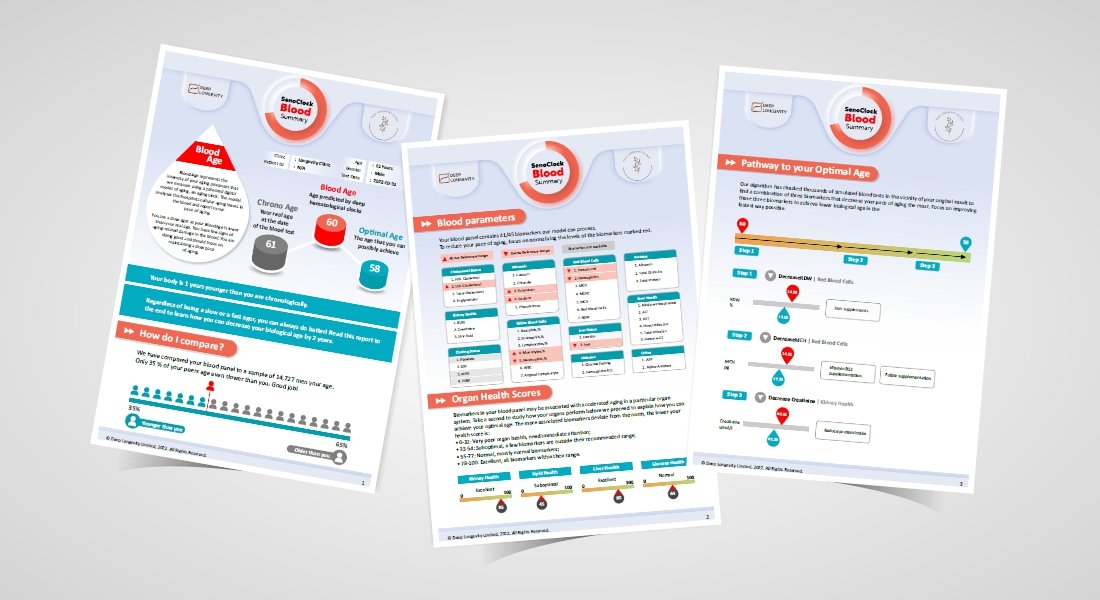
Blood Age - your blood has a story to tell
Our Blood Age Clock is a revolutionary tool for understanding and tracking the aging process at the cellular level. Using a simple blood test, our clock accurately measures the biological age and provides a comprehensive report on the health of your blood and overall aging status. Blood Age Clock looks at the internal state of your body to give a more accurate representation of your true age. This information can be used to make lifestyle and healthcare decisions that can help you age healthier and live longer.
With our Blood Age Clock, you can:
Understand your current aging status and identify potential health risks
Track changes in your blood age over time and monitor the effectiveness of interventions
Make informed decisions about your health and wellness based on data-driven insights
Get more from your clinical blood report
The standard clinical blood report indicates which measures are out of range. Blood Age clock can use the same report to make very accurate predictions on the biological age, understand which blood markers are affecting the aging process the most as well as the risk of mortality assuming current health conditions and make AI driven recommendations to improve health.
List of biomarkers
List of additional biomarkers (for Blood Summary Report 2.0)
Securely Exchange Information
Blood Reports can be shared in an anonymized format if necessary.
Blood Reports are accessible via secure APIs as well as Deep Lovevity’s SenoClock SaaS portal. Our SenoClock SaaS platform will allow our customers to access our application over the web while the application will be hosted in the region.
Our Servers are hosted globally following local data protection policies.
Easy to use and most popular of biological clocks
Low cost - blood reports are the least expensive of biological tests
Short Turn Around Time (TAT in days) for blood reports
Labs in every clinic, every city around the world
Decades of research on blood parameters provides rich library of recommendations personalised by the algorithms
Most popular and universally available
Blood reports can be in any format, from any region, country or lab and in PDF, CSV or Excel file
Version 1.0
We now offer two versions of Blood Summary Reports
Compact and Focused
Biomarker Analysis: The Version 1.0 report analyses a total of 45 essential biomarkers, including markers for cholesterol levels, blood sugar regulation, liver function, and more. This extensive analysis offers users a comprehensive view of their overall health status, enabling them to identify areas for improvement and take steps toward better health.
Organ Health Scores: Blood Age Summary Report provides users with detailed insights into the health of four vital organs: Kidney, Liver, Glucose, and Lipid health. These organ health scores are derived from a comprehensive analysis of relevant biomarkers, allowing users to assess the condition and functionality of their key organs.
Recommendations: The Version 1.0 provides concise recommendations on supplements and few lifestyle changes with respect to various out-of-range biomarkers that are driving aging.
Recommendations: The Version 2.0 this Blood Age Report offers highly personalised health plans tailored to individual needs and goals. These plans include weekly diet recommendations, exercise routines, supplement suggestions, and lifestyle recommendations based on the user’s unique health profile and goals.
Version 2.0
Comprehensive and Detailed
Comprehensive Additional Biomarkers: The Version 2.0 report includes 10 additional biomarkers (given above) including the 45 essential biomarkers that are already available in Version 1. Some of the additional biomarkers are C-reactive protein (CRP), Vitamin D, and Lactate Dehydrogenase (LDH). These additional biomarkers are carefully selected to provide users with a more comprehensive understanding of their health status.
Expanded Organ Health Scores: To have better insight, the organ health scores offer an enhanced assessment with detailed scores for eight key organ systems: Immune, Bone, Inflammation, Glucidic, Cardiovascular, Mineral, Kidney, and Liver health. This detailed evaluation provides users with deeper insights into the condition of their vital organs, improving decision-making.
-
Blood Age is Deep Longevity’s aging clock that measures biological age based on panel of standard blood tests. In addition to biological age calculation, the clock also reveals its main contributors and recommends solutions to reduce the aging rate.
-
Blood Age uses regular clinical blood reports to predict biological age. Blood reports can be from any lab, any country or region, any language and format. Deep Longevity algorithms can handle all that complexity and using those inputs generate a blood summary report that predicts biological age, outlines which blood biomarkers are aging and anti-aging and gives recommendations to improve longevity and health.
-
Aging is the process of damage accumulation spread across decades. Due to cross-individual differences in genetics, lifestyle, and medical history, each person accrues aging-related damage at a different rate. While chronological age determined by one’s date of birth is a useful proxy for the amount of this type of damage, it fails to capture the variability in the true, biological aging rate.
Biological age may be understood as a golden standard of the aging process developed by measuring its molecular footprints. Expressed in the same units as chronological age, years, it offers a more personalized approach to longevity. While one cannot reverse the time to decrease their chronological age, it is absolutely possible to reduce the biological age and become a younger version of onseself.
-
Featured in a number of peer-reviewed academic studies on aging, Blood Age has been proven to be a better predictor of mortality than chronological age in Asian, European, and North American populations. The increased pace of aging has been shown to be associated with a variety of health conditions and mortality.
You may read more about Blood Age research in our Science Section.
-
Blood Age is not a certified diagnostic tool and was developed to assist healthcare professionals provide personalized care and advice to their patients. Physicians may employ Blood Age to provide patients with a unique longevity-focused perspective on their health situation and differentiate their practice in the marketplace
We believe that professional expertise is the best approach to medicine, so we advise using Blood Age-generated reports in supervised settings only.
-
Humans, by intuition, can guess age based on appearance because it changes as we grow old. People who look older at a young age are considered not well while those who look younger at an old age are admired.
Blood Age expands on the same idea. But it looks deeper than appearance. We check blood test data to calculate the current biological age of a person, a task no human has intuition for
We have developed digital models that study blood test data in the context of age. These models are trained using hundreds of thousands of historical patient data entries until they have developed the intuition to interpret the biomarkers in the context of aging.
-
Along with biological age, Blood Age also reveals the main factors contributing to one’s aging rate and possible solutions or treatments to decrease it.
Professional supervision is advised in conjunction with the automatically generated recommendations.
-
BloodAge creates numerous digital lookalikes of the original submitted blood panel with slight variation and searches for a configuration of blood biomarkers that yield the greatest improvement in terms of biological age. The exact method we are using is called "particle swarm optimisation". In the end, BloodAge checks a curated database of evidence-based interventions that can result in the desired blood biomarker configuration.
-
The efficiency of the recommendations applied greatly depends on how healthy your lifestyle was before trying Blood Age. Generally speaking, people with an increased pace of aging can expect the greatest benefits by following the recommendations provided by our system. If you have previously delved into biohacking territory, your biological age gains might not be as significant since you might already be following the recommendations in our database. Instead, your focus should be on monitoring the pace of aging and trying to align it with the recent changes in lifestyle.
To be more specific, our recommendations can help a fast ager become a slow ager by erasing years of biological age and allow a slow-ager to maintain that pace and even improve it.
-
Yes. Blood Age recommendation database has some possible dietary supplement solutions. Expert supervision is strongly advised before you start a new supplement course.
-
Deep Longevity may use patient data for further studies and research projects. It helps us develop better tools to improve human health and longevity.
-
We use state-of-the-art cybersecurity technology and encryption to secure all patient data. The platform deletes all data after 72 hours unless needed by the customer. Further, the information is protected by international and local laws.
-
Visit Deep Longevity’s aging clock platform: SenoClock.
-
Visit Deep Longevity’s aging clock platform: SenoClock.
-
Blood Age Summary reports can be generated within a few minutes. Please check your internet connection and reach out to our support team if you run into any problems.
-
We offer training seminars to hospital staff on how to use Blood Age in their practice. The user interface is quite intuitive a. And the training doesn’t take more than one hour. For more information, watch our YouTube live demos.
-
There is no limit on the number of reports. You can generate as many reports as you need in one day.
-
Yes. Our API can be used to integrate Deep Longevity with any program. Contact info@deeplongevity.com to request a technical meeting so we can help you set up programmatic access to Blood Age or any other aging clocks.
-
Yes. The aging clock platform, SenoClcok, comes with a robust API. It has more features compared to the GUI version and is the best solution for companies who wish to build their own longevity medicine platform.
-
Version 1.0 of the Blood Age Report offers a comprehensive analysis of 45 essential biomarkers and organ health scores for four vital organs. In contrast, Version 2.0 includes an additional 10 biomarkers, expanded organ health scores for eight key organs, and personalized health plans with weekly diet, exercise, supplement, and lifestyle recommendations. This upgrade provides users with more detailed insights and tailored guidance for optimizing their health and well-being.
-
Yes, there are differences in the types of organ health scores provided between Version 1.0 and Version 2.0 of the Blood Age Report.
In Version 1.0, the organ health scores focus on four vital organs: kidney, liver, glucose, and lipid health. These scores are derived from a comprehensive analysis of relevant biomarkers associated with these organs.
However, in Version 2.0, the organ health scores have been expanded to include detailed assessments for eight key organs: immune, bone, inflammation, glucidic, cardiovascular, mineral, kidney, and liver health. This expanded evaluation offers users deeper insights into the functionality and condition of their vital organs, enhancing their ability to make informed decisions about their health and well-being.
-
The inclusion of additional biomarkers in Version 2.0, such as C-reactive protein (CRP) and Vitamin D, along with expanded organ health scores for eight key organs, provides a more holistic assessment of health compared to Version 1.0. This comprehensive analysis offers deeper insights into various physiological processes and organ functions, enabling users to gain a more nuanced understanding of their overall health status and potential areas for improvement.
-
If you're currently using Version 1 and wish to upgrade to Version 2, please reach out to us at: support@deeplongevity.com.
-
If the report includes fewer biomarkers, the report will still be generated successfully. However, the accuracy of the organ health scores may vary depending on the number of biomarkers provided.









